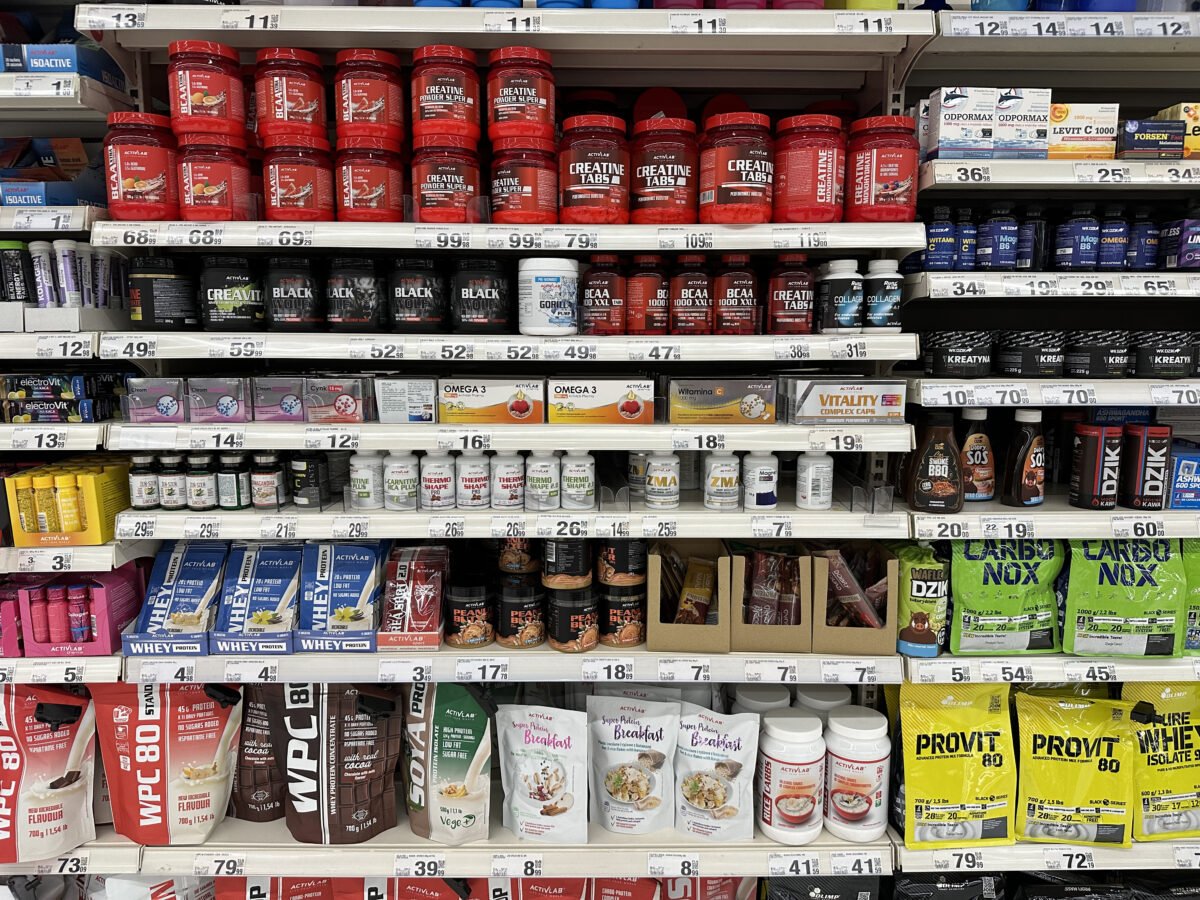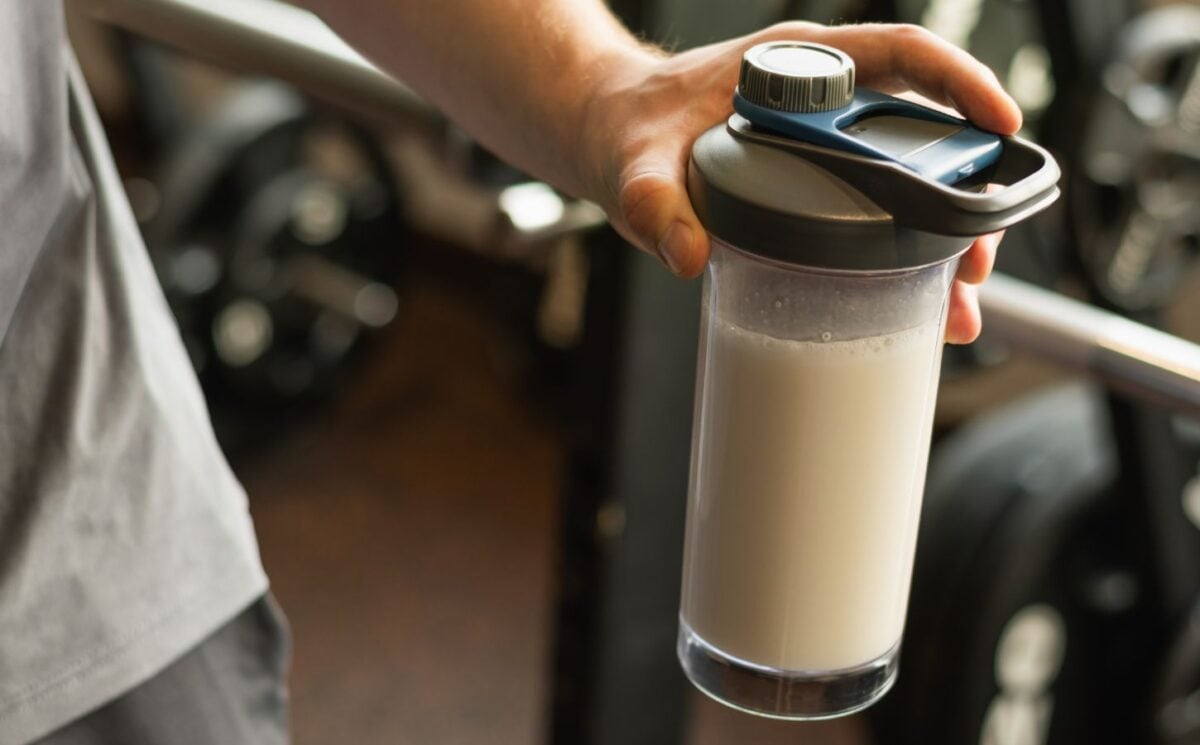A nutritionist has described the trend of high-protein food labels as “another health halo.”
Consumers are increasingly prioritizing protein content, and companies are rapidly reformulating and rebranding products to meet demand. However, most people with adequate access to nutritious food already get more than enough protein from regular meals, without worrying about supplements and marketing.
Read more: The Best Vegan Protein Powders In 2025
Federica Amati, a research fellow at Imperial College London’s School of Public Health and head nutritionist at wellness company Zoe, spoke to the BBC about protein earlier this month. Amati said she worries “people are being hoodwinked into thinking ‘high protein’ on a label necessarily means that it is healthy. Honestly, it’s another health halo.”
She also told the BBC that “consuming more protein than your body can use during midlife is linked to an increased risk of multiple diseases, including cancer.” However, she added that an “important point” is that plant-based proteins “don’t seem to increase cancer risk.”
While it is excess animal protein that increases disease risk, too much plant-based protein is still often simply unnecessary. For example, most people in the US exceed their protein needs, and while protein is an important nutrient, it is not the only one. Overall, studies indicate that people following nutritious plant-based diets are “more in line” with micronutrient and macronutrient recommendations, including protein.
Read more: 10 High-Protein Vegan Recipes (That Use Only Whole Foods)
Popularity of high-protein products ‘entirely due to marketing’

In 2025 alone, companies such as THIS, Better Nature, Violife, and Vemondo have launched products that highlight protein content on the packaging. In February, Trek collaborated with Biscoff – and MyProtein partnered with Hotel Chocolat – to launch dedicated vegan protein snacks.
“The popularity of high-protein products in general is entirely due to marketing. Manufacturers can easily [and cheaply] add extra protein to their products and whack the price up,” said Amati. She explained that shoppers are likely “best off” buying more whole foods and standard options without the high-protein markup. “And remember, most of us can get plenty of the protein we need if we’re eating enough whole foods,” she said.
Read more: Most Americans Wrongly Think It’s Important To Eat Animal Products For Protein






